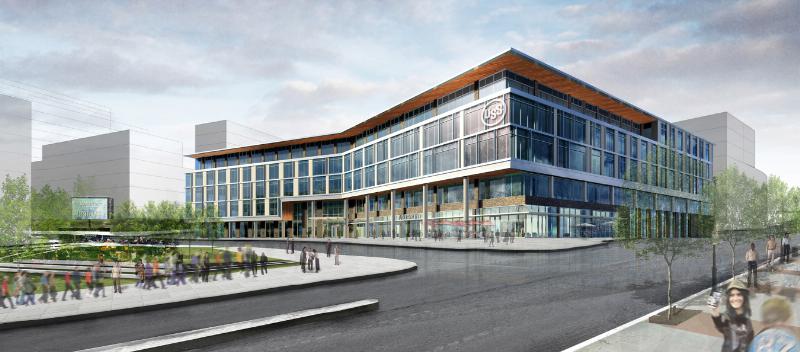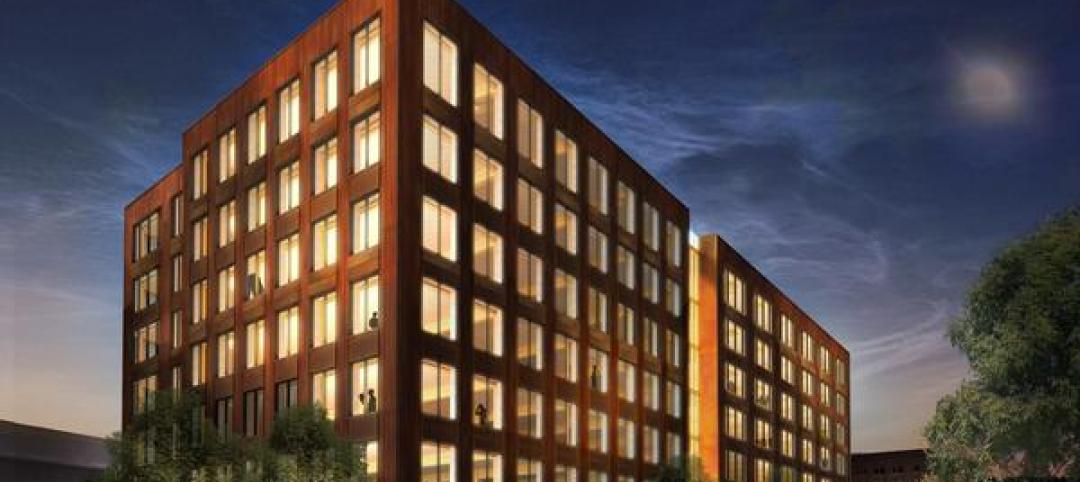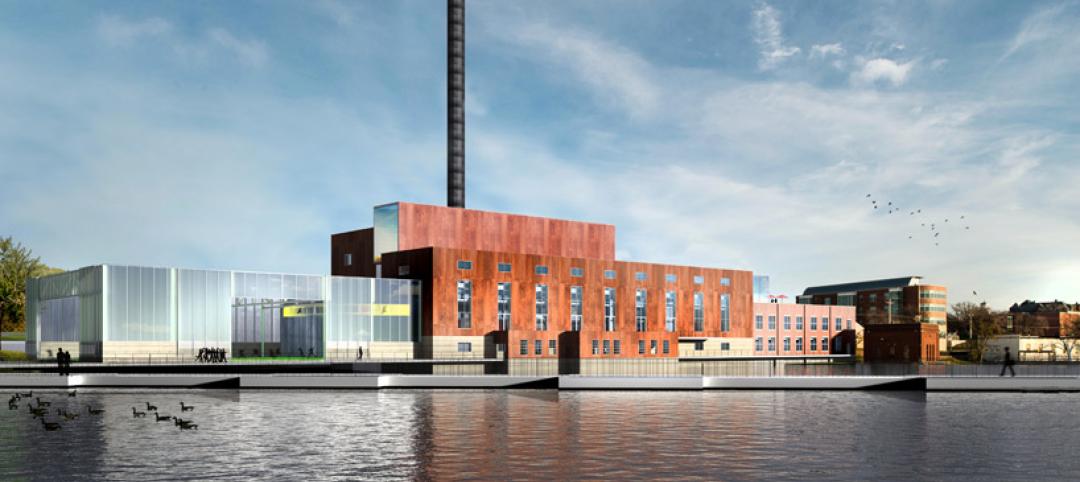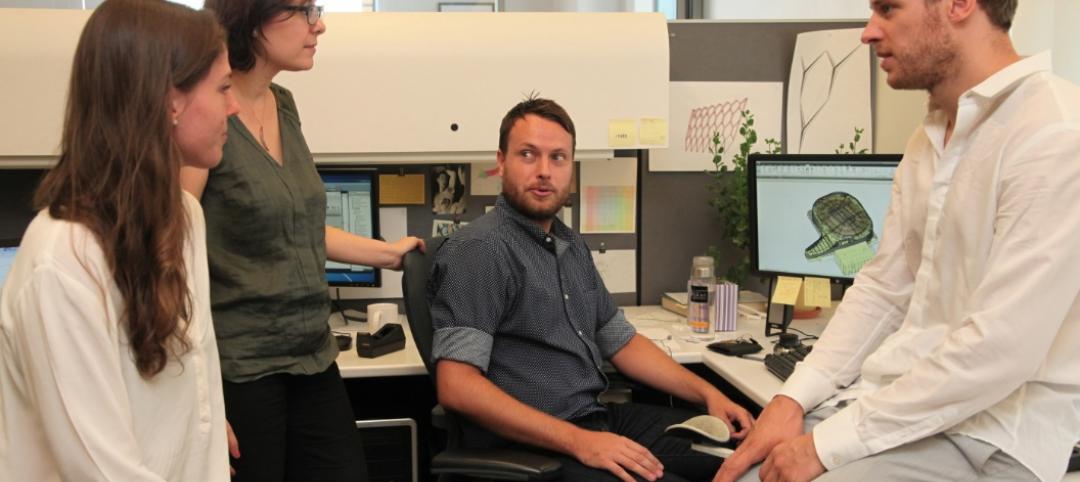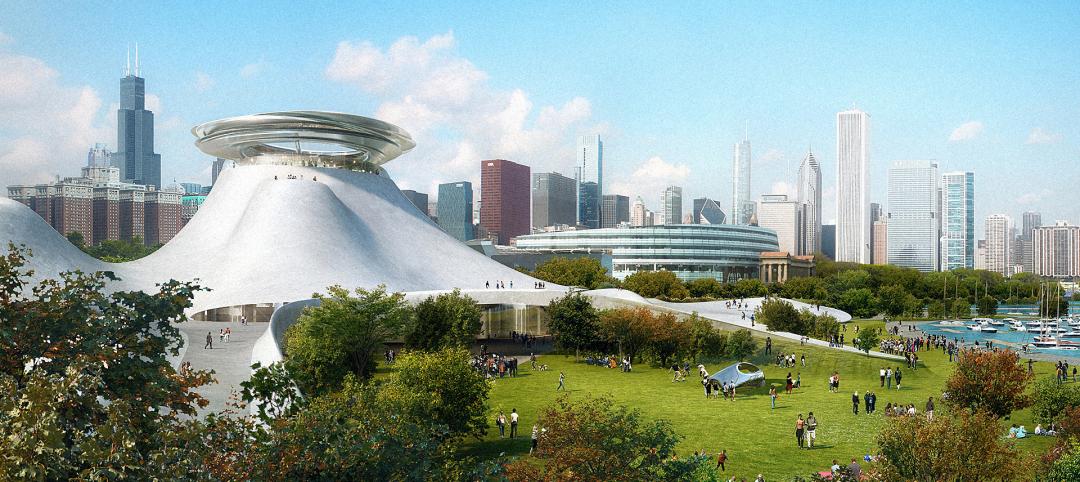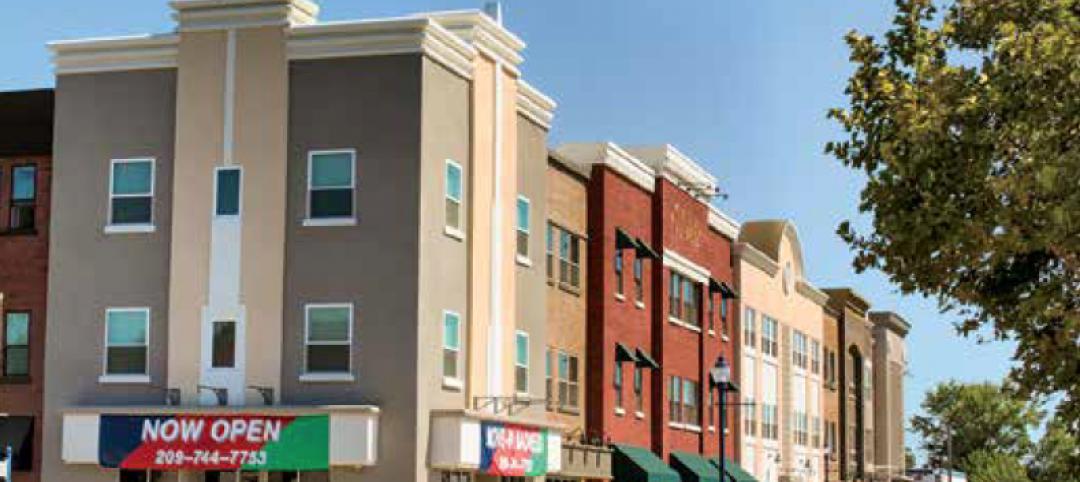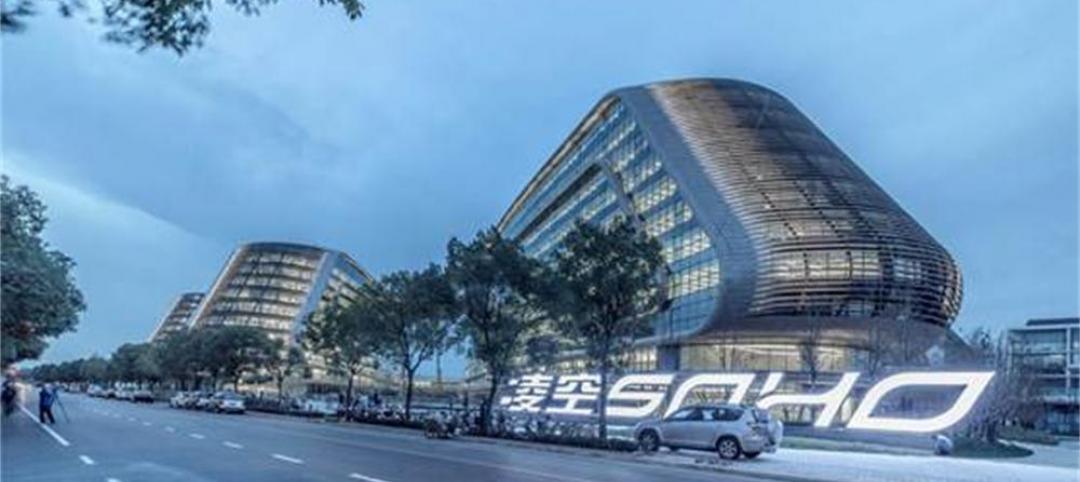U.S. Steel, which has operated in Pittsburgh for more than 100 years, plans to stay at least 18 more.
The giant steelmaker—which sold its 64-story U.S. Steel Tower headquarters in April 2011 and a year later announced it would move out of that building—has inked a deal with the Pittsburgh Penguins hockey franchise to build a five-story, 268,000-sf office building on the old Civic Arena site downtown, which the Penguins own.
A subsidiary of the Penguins and the team’s developer, St. Louis-based Clayco, will jointly own the new building, for which construction is scheduled to begin next summer and be completed by October 2017, around the time that U.S. Steel’s five-year lease on 450,000 sf in the U.S. Steel Tower expires. The projected cost of the new building was not disclosed.
U.S. Steel plans to move 800 employees from that tower and offices at Penn Liberty Plaza into 250,000 sf of the new building, which it will lease for at least 18 years, with an option to extend its lease beyond that. The rest of the space will be used for retail stores. The 2.25-acre site will include a museum highlighting Pittsburgh’s and U.S. Steel’s role in the worldwide steel industry.
The company’s decision to remain in Pittsburgh put an end to more than two years of speculation about where it might be headed. Indiana and Illinois reportedly were wooing U.S. Steel to relocate. U.S. Steel had also looked at several other buildings in different areas in and around Pittsburgh.
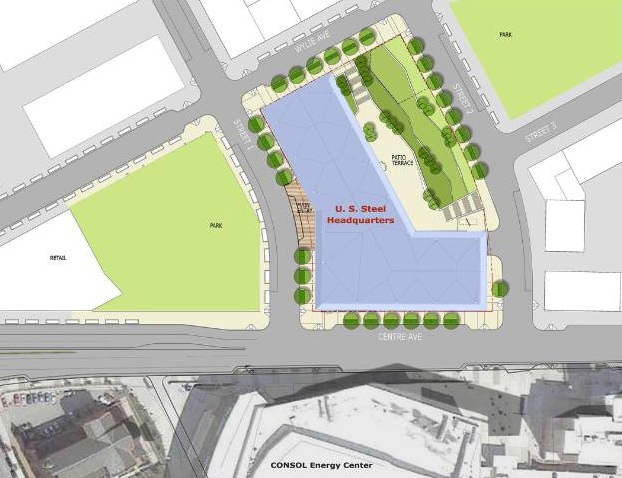
Site plan for U.S. Steel's new HQ, which will be located across from the Consol Energy Center, home of the Penguins NHL hockey team.
Several local news reports stated that it was Penguins’ CEO David Morehouse who convinced U.S. Steel’s CEO Mario Longhi to keep the company in Pittsburgh. The two chief executives met during a September 2013 barbecue at the home of the Penguins’ legendary player and co-owner Mario Lemieux. At that meeting, Morehouse impressed on Longhi that U.S. Steel was the “foundation upon which this city was built.”
Indeed, Pittsburgh’s Mayor Bill Perduto was on record saying “I didn’t want to be the Pittsburgh mayor to lose U.S. Steel.” Allegheny County Executive Rich Fitzgerald lobbied federal environmental, transportation, and trade officials on U.S. Steel’s behalf. And Pennsylvania Gov. Tom Corbett last month announced nearly $31 million in state grants to rehab three U.S. Steel plants in the state.
By agreeing to move into new digs, U.S. Steel would be the first corporate anchor tenant for a 28-acre Uptown site next to Consol Energy Center, where $440 million in development is planned, according to the Pittsburgh Tribune-Review and other news reports. That development would include retail, housing, and office space, and would be partially funded by more than $30 million in state grants and local tax-increment incentives, which would direct some of the development’s revenue to job training and other programs.
U.S. Steel has agreed to take only half of its potential abatements, with the rest of the incentives going to fund other parts of the Hill District, according to the Pittsburgh Post-Gazette.
Related Stories
| Nov 7, 2014
NORD Architects releases renderings for Marine Education Center in Sweden
The education center will be set in a landscape that includes small ponds and plantings intended to mimic an assortment of marine ecologies and create “an engaging learning landscape” for visitors to experience nature hands-on.
Sponsored | | Nov 6, 2014
To build your strongest team, don't hire clones
To attract and keep talented individuals who are different than you, Entrepreneur magazine suggests a few foundational principles. SPONSORED CONTENT
| Nov 6, 2014
Hines planning tall wood office building in Minneapolis
The Houston-based developer is planning a seven-story wood-framed office building in Minneapolis’ North Loop that will respect the neighborhood’s historic warehouse district look.
| Nov 6, 2014
Studio Gang Architects will convert power plant into college recreation center
The century-old power plant will be converted into a recreation facility with a coffee shop, lounges, club rooms, a conference center, lecture hall, and theater, according to designboom.
Sponsored | | Nov 6, 2014
Drilling deeper: On the ground insights from the Marcellus Shale region
The Marcellus Shale region is expansive, stretching from upstate New York through Pennsylvania to West Virginia. It’s an exciting time to live and work in the area. SPONSORED CONTENT
| Nov 5, 2014
AEC firms leverage custom scripts to bridge the ‘BIM language gap'
Without a common language linking BIM/VDC software platforms, firms seek out interoperability solutions to assist with the data transfer between design tools.
| Nov 5, 2014
Survey: More than 75% of workload takes place without face-to-face interactions
With the rise of technology, much of the workday—even the most productive morning hours—is spent corresponding via email or conference call, according to a recent survey of corporate workers by Mancini•Duffy.
| Nov 5, 2014
The architects behind George Lucas' planned Chicago museum unveil 'futuristic pyramid'
Preliminary designs for the $300 million George Lucas Museum of Narrative Art have been unveiled, and it looks like a futuristic, curvy pyramid.
Sponsored | | Nov 5, 2014
How to maximize affordability and sustainability through all-wood podiums
Wood podium construction takes an age-old material and moves it into the 21st century.
| Nov 4, 2014
Zaha Hadid's first building in Shanghai debuts
Sky SOHO is the third in a trilogy of SOHO China developments designed by Zaha Hadid Architects.


